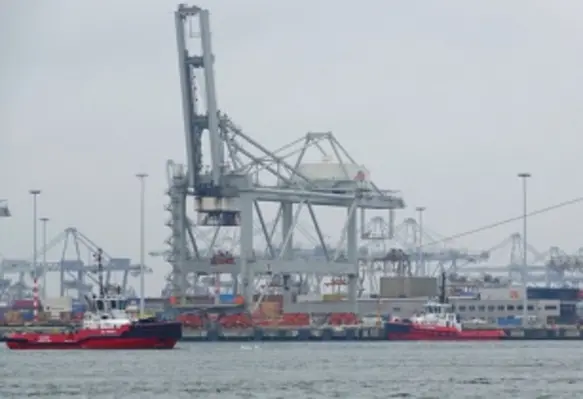The average price for Brent crude oil in 2018 will remain in the range of US$50s per barrel, according to Gulf Intelligence’s recent industry survey which was conducted across the Middle East and Asia
A majority of 61 per cent of the respondents among 250 energy industry professionals operating across the region has demonstrated the view, said Gulf Intelligence.
The relatively optimistic sentiment is also supported by the International Energy Agency’s (IEA) forecast that global oil demand growth will average 1.4 mmbbl per day in 2018. In its report in September 2017, the IEA revised upwards its estimated demand growth for 2017 to 1.6 mmbbl per day. Brent crude oil has averaged just above US$50 a barrel through the first eight months of this year.
“It is hard to see any catalyst next year that will push us out of the current range,” said Robin Mills, CEO of QAMAR Energy.
“There are plenty of tensions in the Middle East but the market is completely unmoved by those. Only a few years ago, there was always US$10 a barrel premium on the price for geopolitical uncertainty, but that is completely gone, but stocks are still very high and any disruption to the market could be easily covered,” he added.
In July 2017, OPEC published its first assessment of world oil markets in 2018, which showed that despite cutting output, the group is still pumping too much crude. Even though the organisation delivered on pledges to reduce supply, its output exceeded demand in the first half of 2017, according to a report from the group.
Around 71 per cent of the respondents in the GIQ Survey viewed that OPEC should continue its supply cut agreement when it expires at the end of the Q1 2018. However, 29 per cent of the respondents were of the view that the oil exporters should abandon their output cuts and stop handing over market share to the US Shale oil producers.
Crude oil prices have risen approximately 20 per cent since OPEC and Non-OPEC agreed a six-month production cut of 1.8 MBPD in 2016. The cuts have already been extended further nine months until the end of March 2018.







